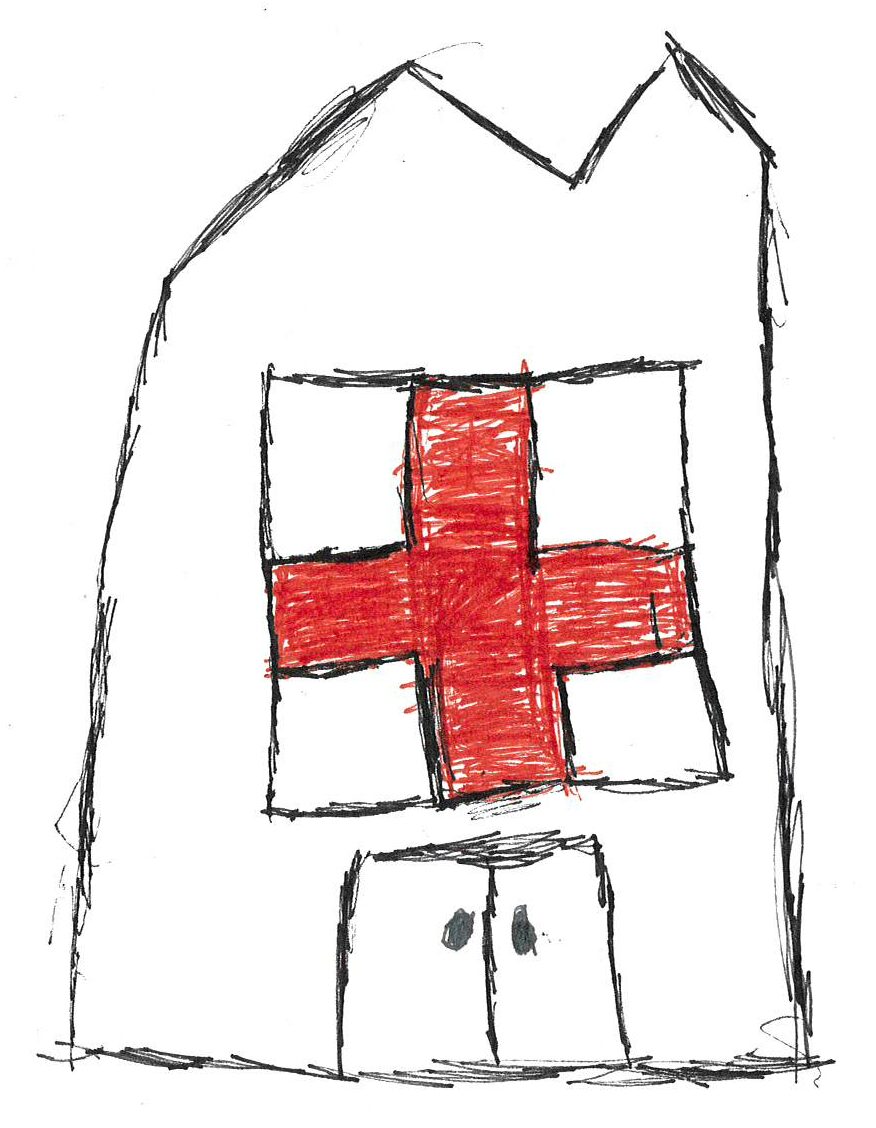About ePed

Children need good, safe medicines. To be able to achieve this, ePed is a collaborative system that share information on drug treatment in a unique network where paediatric clinics in Sweden collaborate on issues related to drug managing within paediatric healthcare. The central editorial office at the Astrid Lindgren Children’s Hospital at Karolinska University Hospital (ALB) is continuously managing and developing ePed.
ePed’s primary aim is to work with practical drug information. How do I reconstitute the drug? Where can I find the most suitable medicine? What dose in relation to indication? How do I avoid mistakes, how have other organisations solved this problem? The information is distributed as ePed-instructions and are available within the electronic health record as well as online.
ePed started in 2005 as a database for medicines within the neonatal wards in Stockholm, where the Sachsska and Astrid Lindgren Children’s Hospitals sought a collaboration. An Access database was built in order to generate lists of drugs and dilution schemes. The work was soon extended to include all children, from 0 to 18 years, and thus all paediatric healthcare.
The central ePed editorial office has received a number of awards such as Guldpillret (The Golden Pill), IT in healthcare award and has been nominated for the Medtech4Health Innovation award.
The approach is unique and includes all children’s hospitals and thus numerous of experts who work within Swedish paediatric healthcare. Based on clinical need, information is compiled from various sources, and experts contribute on the basis of an agile approach. The information is published weekly and is integrated into the various medical record systems. ePed is also available via this website.
Since 2014, ePed is financed by national funds, on a joint basis by all the Swedish regions.
ePed is designed for healthcare professionals but is being developed to provide information for patients and their guardians.